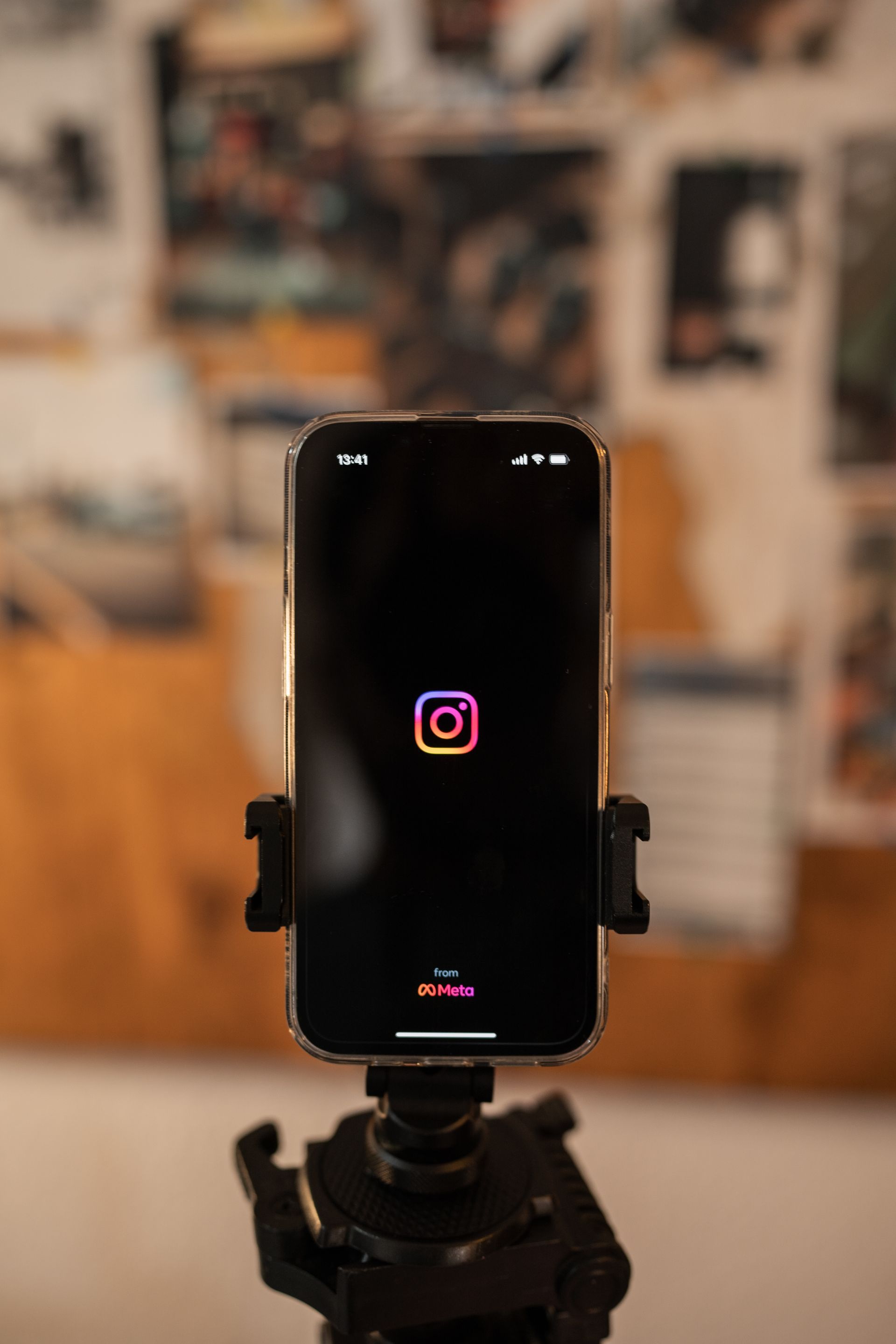Navigating the Marketing Scene: A Guide to Effective Marketing Strategies

In the digital age, technology has become the backbone of modern marketing campaigns. From sophisticated analytics tools to automated advertising platforms, technology empowers marketers with powerful resources to reach and engage their target audiences. However, it's essential to understand that technology alone is not enough to guarantee a successful digital campaign. In this blog, we'll explore why a comprehensive approach goes beyond the tools at your disposal.
1. Strategy and Purpose:
While technology can automate tasks and provide data insights, it doesn't define the overarching strategy or purpose of your campaign. A well-crafted digital campaign begins with a clear understanding of your objectives, target audience, and messaging. Technology should be a means to execute your strategy, not a replacement for it.
2. Content Quality:
No matter how advanced your marketing tools are, they can't create high-quality, compelling content on their own. Content is the heart and soul of your digital campaign, and it requires creativity, authenticity, and relevance. Human input is vital for crafting engaging blog posts, videos, social media updates, and other content that resonates with your audience.
3. Human Connection:
Building meaningful relationships with your audience is a cornerstone of successful digital marketing. While chatbots and automated responses can handle routine inquiries, they can't replace the warmth and empathy of human interaction. Authentic engagement requires human communication, such as responding to comments, addressing concerns, and showcasing your brand's personality.
4. Creativity and Innovation:
Technology can streamline processes and optimize advertising placements, but it can't replace the power of human creativity and innovation. Brainstorming new ideas, experimenting with different approaches, and pushing boundaries in design and messaging are essential for staying ahead in the competitive digital landscape.
5. Adaptability:
Digital campaigns often require rapid adaptation to changing circumstances, trends, and customer behaviors. While technology can provide data-driven insights, it's up to humans to interpret this data and make informed decisions. Flexibility and the ability to pivot when necessary are crucial for maintaining campaign effectiveness.
6. Emotional Connection:
Consumers often make decisions based on emotions and human experiences. Building an emotional connection with your audience involves storytelling, empathy, and understanding their needs and desires. These aspects can't be automated or replaced by technology alone.
7. Brand Authenticity:
Maintaining brand authenticity and trust requires a human touch. Authenticity is about being transparent, genuine, and true to your brand's values. While technology can assist in managing online presence, it's the people behind the brand who ensure that authenticity shines through.
8. Continuous Learning:
The digital landscape is ever-evolving, with new platforms, algorithms, and trends emerging regularly. Staying updated and adapting to these changes requires human expertise, curiosity, and a commitment to continuous learning. Technology tools can't replace the need for ongoing education and skill development.
In conclusion, technology is an invaluable enabler for digital campaigns, providing automation, data insights, and scalability. However, the success of a digital campaign ultimately hinges on the people behind it—strategists, content creators, community managers, and creative thinkers who bring the human touch, authenticity, and innovation needed to engage and connect with audiences effectively. To truly succeed in the digital space, embrace technology as a tool within a holistic strategy that centers on human-driven creativity, connection, and purpose.




